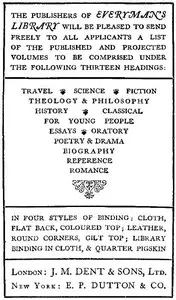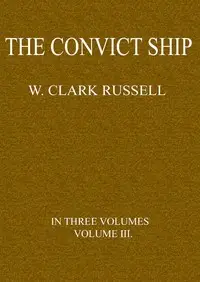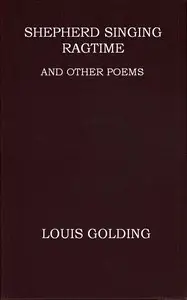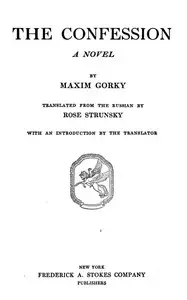"White Nights and Other Stories" by Fyodor Dostoyevsky is a collection of short stories written in the mid-19th century. The title story, "White Nights," revolves around an unnamed narrator who leads a solitary life in St. Petersburg and unexpectedly finds connection with a mysterious young woman named Nastenka. The collection explores themes of loneliness, longing, and the complexities of human relationships through the lens of Dostoyevsky's profound psychological insight. At the start of "White Nights," the narrator describes his feelings of desolation as he wanders through St. Petersburg, reflecting on his profound loneliness as the city empties out for the summer. He encounters Nastenka, who is weeping at the canal, and in their interaction, a delicate bond begins to form. The narrator, filled with shyness, provides her a sense of safety in the face of an unwanted advance from a drunken gentleman. Their conversation reveals much about their longing for connection and inner turmoil, setting the stage for a passionate, albeit complex, relationship marked by unspoken emotions and dreams intertwined with reality. As the night unfolds, the narrator's infatuation with Nastenka deepens, but her heart seems already tethered to someone else, creating a poignant tension that is typical of Dostoyevsky's compelling storytelling. (This is an automatically generated summary.)

White Nights and Other Stories The Novels of Fyodor Dostoevsky, Volume X
By Fyodor Dostoyevsky
"White Nights and Other Stories" by Fyodor Dostoyevsky is a collection of short stories written in the mid-19th century. The title story, "White Night...
Fyodor Mikhailovich Dostoevsky, sometimes transliterated as Dostoyevsky, was a Russian novelist, short story writer, essayist and journalist. Numerous literary critics regard him as one of the greatest novelists in all of world literature, as many of his works are considered highly influential masterpieces. Dostoevsky's literary works explore the human condition in the troubled political, social, and spiritual atmospheres of 19th-century Russia, and engage with a variety of philosophical and religious themes. His most acclaimed novels include Crime and Punishment (1866), The Idiot (1869), Demons (1872), The Adolescent (1875), and The Brothers Karamazov (1880). His 1864 novella Notes from Underground is considered to be one of the first works of existentialist literature.


















